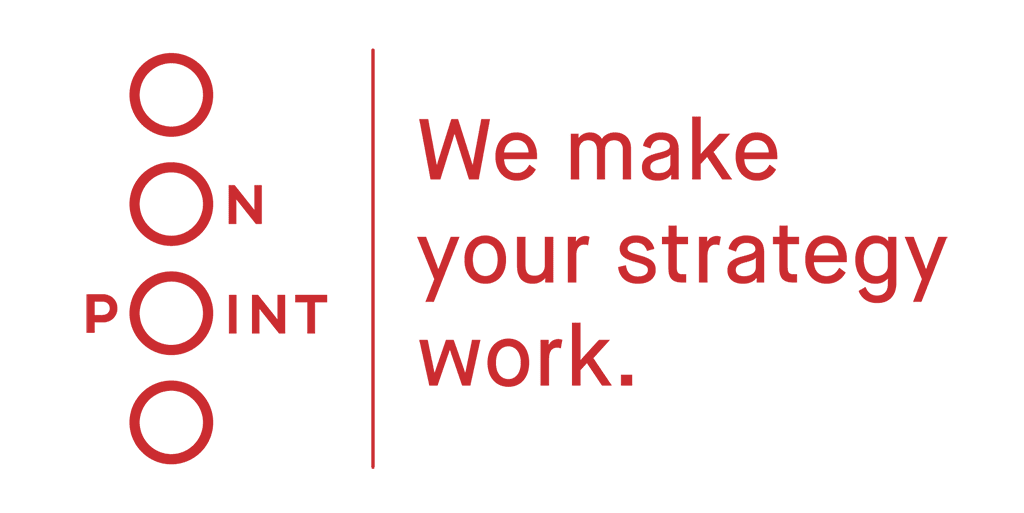ON-POINT Insight #01 - expertise from the consulting frontline
Champions League Project Management — What It Takes to Win by Kerstin Lehmann
I've been working in project management for 25 years. Some projects are big, some small — but they all have one thing in common: problems that need managing or solving. Ideally, I’m involved right from the start, where I can help define the scope, timeline, roles and provider contracts. But often, I get the call once the project is already in motion, when things are off track and external help is needed.
And in almost every struggling project, I see the same patterns, the same misjudgments that lead to higher costs, longer timelines and frustration — especially at the senior management level. So why does this keep happening?

Loss of control
By the time I’m brought in, it’s usually about large-scale transformation projects or programs: standard software, SaaS solutions, custom builds for clients, data migrations, integrations into existing architecture — often involving multiple providers and departments. The internal project lead is supposed to plan and manage all this, never handled anything like it before.
They give it their best shot, but the complexity becomes overwhelming. Frustration sets in — for them and everyone else. At that point, it’s clear: the project is out of control.
Takeaway: Be honest about your own capabilities and those of your team. A loss of control often starts with unrealistic expectations. And there’s no shame in admitting you need help.
Weak contracts
Big transformation projects usually involve multiple providers — each with their own interests. Contracts with these providers need to do more than define deliverables. They also need to align everyone’s goals and timelines. But too often, contracts lack clear consequences. That means providers face no pressure to stick to the schedule. If their priorities shift, the whole project can get delayed.
Takeaway: The right contracts are key to delivering complex projects successfully. And once a contract is signed, it’s hard to change — what’s left is managing the fallout.
False expectations
Sound familiar? You create a detailed plan: timeline, cost estimate, sourcing strategy — all backed by solid analysis. You know what the project will cost and how long it’ll take. But then leadership steps in: “That’s way too expensive — we’ve seen this done cheaper and faster.”
No one can credibly explain how, but suddenly you’re stuck with a project that doesn’t have the resources it needs and can’t meet the deadline. One escalation leads to another, and you’re left wondering what you did wrong — when in reality, you did everything right, but couldn’t make your case to senior management.
Takeaway: Don’t let yourself be steamrolled. If someone thinks they can do it better, hand them the project. But if no one can explain how it should be done faster with fewer resources, stand by your plan.
Takeaway: Don’t let yourself be steamrolled. If someone thinks they can do it better, hand them the project. But if no one can explain how it should be done faster with fewer resources, stand by your plan.
Business and IT transformations are major undertakings. All are projects companies may only tackle every 10 years.
Delivering them on time, within scope, and on budget is tough. It takes experience, know-how and the ability to manage contracts and stakeholder expectations. You have to keep a lot of moving parts under control.
The belief that any project manager can handle this is one of the main reasons projects go off the rails. Project managers, like athletes, come with different skill levels.
If you’re used to playing in the local league, you don’t just show up and win the Champions League. Everyone knows: if you want to win the Champions League, you have to invest. The same applies to successfully delivering complex projects.
If you’ve never successfully delivered one before, or haven’t done it in a while, you need to invest in the right “players.”
So, what’s my advice?
If your next transformation project feels like the Champions League, don’t settle for local league skills — reach out to us and let’s win it together. Because in project management, we play in the Champions League
At ON-POINT, we bring consulting expertise from the front line — helping you deliver complex projects with confidence. Reach out to Kerstin Lehmann to start the conversation.
